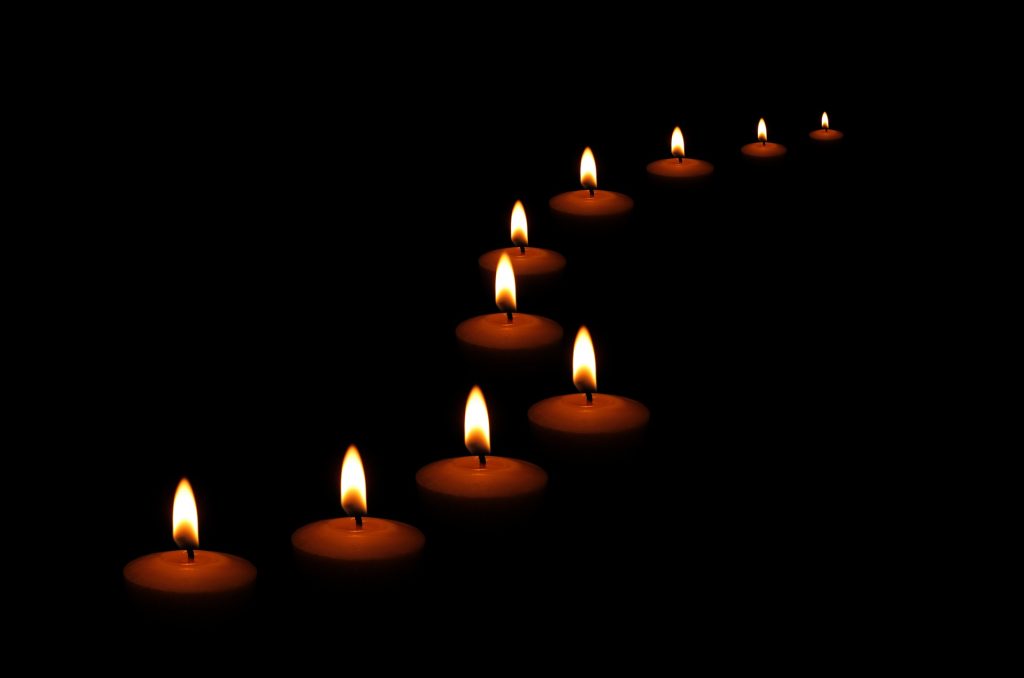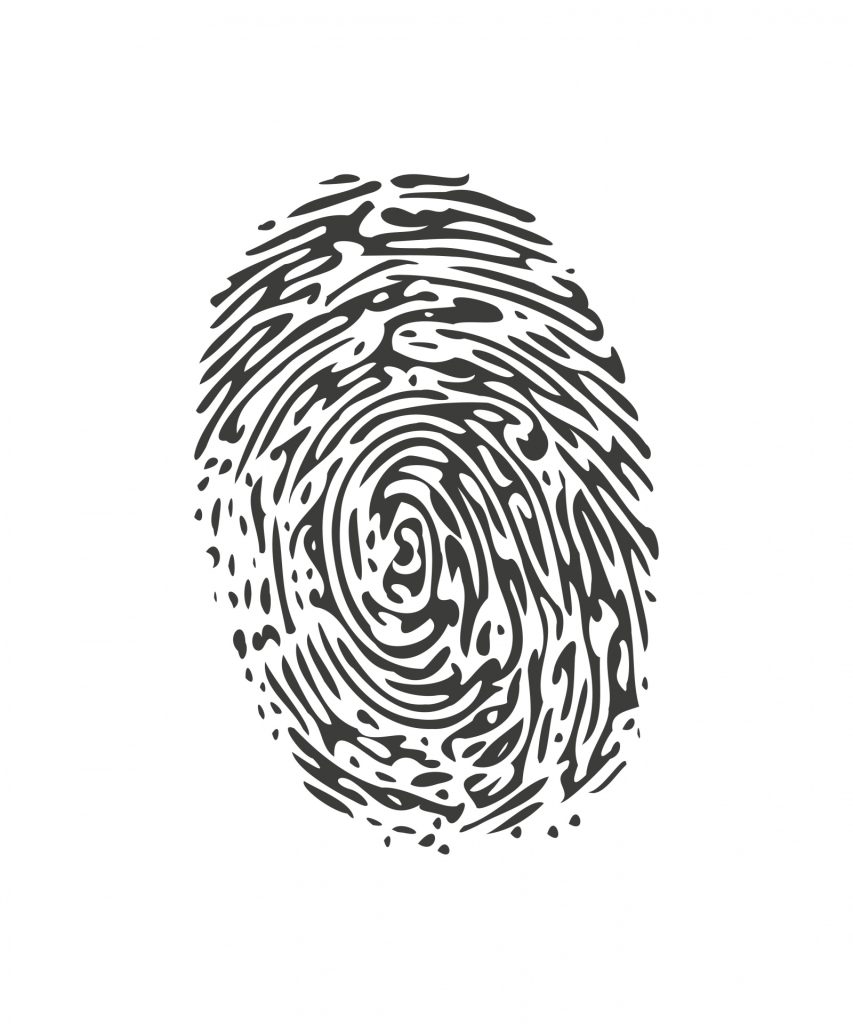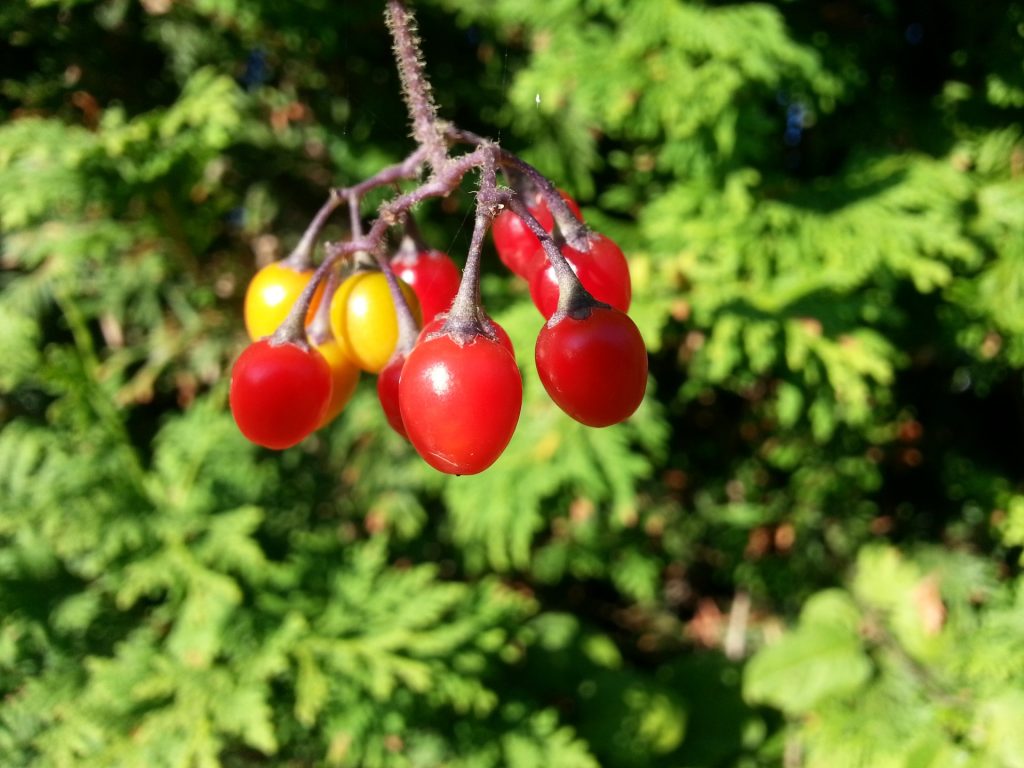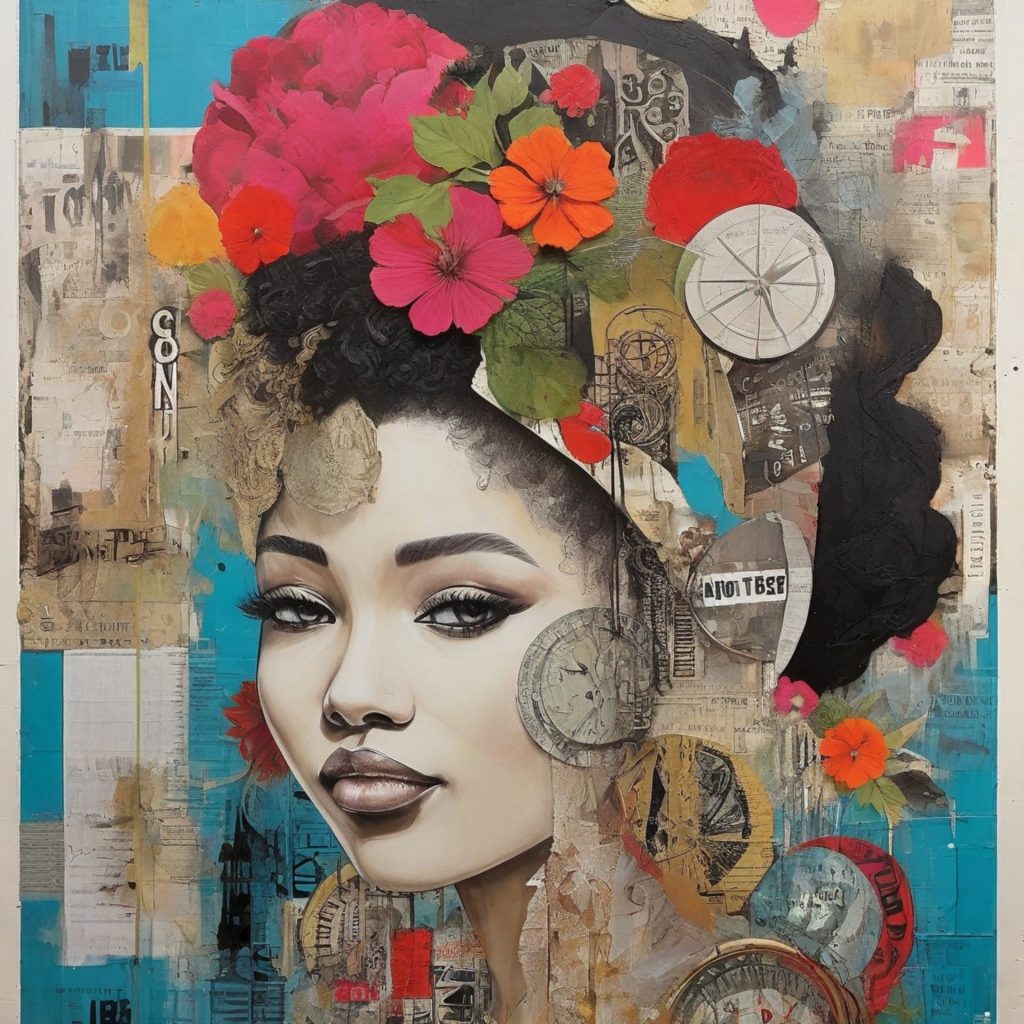First, we at Synchronized Chaos lament the loss of life and cultural institutions in Gaza.

Our contributor Michael Lukas has suggested some literary books by both Jewish and Palestinian authors people can read to better understand the region and the conflict.
How to Love Your Daughter, Hila Blum
Memory for Forgetfulness, Mahmoud Darwish
To the End of the Land, David Grossman
Palestine’s Children, Ghassan Kanafani
The Nimrod Flipout, Etgar Keret
Also, here are some non-partisan humanitarian ways in which literary folk can consider bringing our unique skills and interests to assist.
Librarians With Palestine has the Matloub (Wanted) project where people from anywhere in the world can choose books off of a website and donate to have them shipped to libraries in the region.
We Are Not Numbers matches up writing mentors who live outside Gaza with Gazan youth who want to tell their stories. They are also looking for venues to repost and reshare the stories.
The Gaza Book Project is an initiative to replace the books in a bookstore that was recently destroyed in the war. They invite people from around the world to donate used books from their personal collections with a letter included about why the book is meaningful to them, with the goal of sparking international connections over literature.
Freelancers in Gaza, founded by a woman from the region, seeks to provide Gazan youths with career mentorship and connections. They’re looking for more mentors from around the world to virtually mentor Gazans who share their career paths.
Next, an announcement from one of our contributors.

(Image is of a smiling Black woman with big hoop earrings, short hair, a light blue sweater, and her hands folded in front of her).
Coral in the Diaspora by contributor Jerrice J. Baptiste is officially available for pre-order and is the third chapbook in Abode’s 2024-2025 lineup!

Book Description: Coral in The Diaspora by Jerrice J. Baptiste is a collection that captures the lives of the Haitian people as they embrace the goodness in their community. It celebrates the wisdom of the elders as leaders who are cherished for their commitment to help the island thrive. Each member of the island’s community is welcomed and valued for their special gifts and the joy they each create by being unique souls. Coral in The Diaspora creates a visceral experience for its readers through its colorful imagery and beautiful language by giving voice to the island of Haiti.
About the Author: Jerrice J. Baptiste is a poet born in Haiti. She has educated different ages through her seven multicultural children’s books with the whimsical talented artist April Matula, and also by her full-length poetry book titled Wintry Mix. As an author she has presented her books in hundreds of public & private schools since 2013. She is also the founder of Authentic Poetry workshops in The Hudson Valley, NY for the past 20 years. She has been a recurring teaching artist/poet at The Omega Institute in Rhinebeck, NY. More about her here.

Our first June issue, Remember Who You Are, covers a variety of ways in which people embrace, create, learn about, and discover their self-concepts. From scholars writing about the history and culture of Haiti and Uzbekistan to a tribute to an immigrant grandmother who left to re-create herself, to people rejecting oppression and violence and finding themselves in nature, wilderness, love, family or chosen family, to those reaffirming their values in a confusing world, to those going on adventures, reflecting on the human condition, celebrating their birthdays and their radio careers in Ghana, or simply playing with words, colors, or syntax to create individualized art, this month’s creators are seeking to understand and reclaim themselves.
Jacques Fleury reminds us of the revolutionary history, vibrant spirit and economic diversity of Haiti and how the country is more complex than Western headlines reveal.
Kurbanova Saodat Ismatkulovna speaks to another rich and complex and lesser-known culture, pointing out that Uzbeks rank highly among measures of the world’s happiest people. She suggests that it has to do with the country’s peaceful culture and natural beauty as much as with material prosperity.
Saparbaeva Aziza discusses a book outlining the life of historical sheikh Sulayman Bakirgani and urges Uzbeks to learn their history. Numonova Fariza details the life and death of conquering leader Amir Temur.
Mirsalikhova Robiya calls for a nationwide revival of and appreciation for the arts as an integral part of Uzbek culture.

Mixriniso Jurayeva celebrates the history and the unique poetry embedded within the Uzbek language. Uljaboeva Hilolaposhsho highlights the Uzbek language’s crucial relationship to the Uzbek culture. Jorayeva Marjona Baxtiyor delves into Uzbek sociolinguistics and suggests that how Uzbeks use language reflects the beauty and wisdom of their culture. Norsafarova Nilufar discusses the grammatical structure and syntax of the Uzbek language.
Rosiyeva Gulbahor speaks to the joy of education and reading. Shokhida Jurayeva encourages parents and caregivers to bring children books to read for pleasure.
Atajanova Ogultuvak’s essay outlines the importance of early childhood education and Uzbekistan’s efforts to make that accessible to all young children. Gulsevar Xojamova also highlights the importance of education to Uzbekistan and its government. Abdukhadirova Mahliyo explores the psychology of early childhood education and development.
Malika Oydinova advocates for all students to become proficient in a foreign language, for personal as well as professional development. Shokhzod Dilmurod highlights the role of information technology in physics research.
Azimova Munisa describes her personal and academic life goals with determination to reach them. Pascal Lockwood-Villa asserts how he’ll shape his own self-concept, independent of the pressures of commercialism or troubled romances. Cheryl Snell’s poetry highlights the tension between fear and doubt through its dramatic allegory of the protagonist’s ascending from bed on wings of hope, and also questions our dependence on media.
Andrew MacDonald explores how news and media images seep into our collective and personal subconscious. Patrick Sweeney does something similar, interspersing cinematic and worldly imagery into his one-liners.
Mark Young shares what he thinks about or listens to when he should be writing, which is also a tour de force of cultural imagery that has shaped him as an artist and person. Leslie Lisbona’s short story outlines how a dramatic painting of a woman, which she purchased and felt compelled to stare into during Covid-19 shelter-in-place, moored her and gave her confidence during a time of personal change. Ghanaian DJ Ike Boat pens a poem celebrating his own birthday and his creative career and values.
Grant Guy’s visual imagery pays tribute to the No! movement in art, in which artists rejected the consumerism that they saw was becoming part of the art connoisseur world.

Maurizio Brancaleoni translates works by contemporary Italian poet Marina Pizzi, where she speaks of being intelligent and self-aware in a world of beauty and danger, love and cruelty. Stephen Jarrell Williams continues in this vein with pieces about loving others and working on becoming a better person with full awareness of the world’s violence. In contrast, Rukn Al-Din Younis expresses deep psychological emptiness in a world he feels has been ruined and made no longer his own.
Michael Robinson contributes a gentle and spiritual poem in memory of a kind and very close friend who passed away, while Wazed Abdullah pens a simple and heartfelt tribute to his deceased mother.
Kristy Raines highlights the fragility of true love and the need to hold onto it and nurture it. Prasannakumar Dalai writes of warm spiritual and romantic devotion. Graciela Noemi Villaverde evokes a tender moment of longing for a lover not yet present while Faleeha Hassan poetically begs a long-lost love to toss off the coat of absence and re-emerge. Maja Milojkovic speaks to lovers who are so intimately connected that they see echoes of each other’s spirit within their own reflections.
Sayani Mukherjee describes human and natural life bursting forth in a London spring as Zarnigor Ubaidullayeva extols spring’s beauty and fresh new life energy. Muntasir Mamun Kiron reveres the legacy of deep-rooted trees growing alongside generations of humans. Lola Hotamova compares the journey of life to drifting down a brook while Mashhura Ergasheva finds companionship with the rain and Don Bormon rejoices in the fun, renewing, and cleansing energy of a rainstorm.
Dr. Maheshwar Das also pens verses about seeking out the divine, along with tender care for a lover and the beauty of small moments watching the birds. John Edward Culp draws on a farming metaphor to highlight how love prepares and mends the soil of the heart.
David Sapp’s story relates how kindness and love are not characteristics unique to hippies or those who openly claim those traits. Shahlo Abduhamidova revels in the peace and comfort of a family meal. Christina Chin and Uchechukwu Onyedikam’s poetic collaboration focuses in on small scenes in our families and neighborhoods and on the perennial human life cycle. Bill Tope’s short story describes the experiences of people who fall through the cracks of society and celebrates chosen family among people who care for each other, as Nosirova Gavhar renders up a tale of children’s kindness to a neighbor.
Jesse Emmanuella’s short piece shows that life comes with both the bitter and the sweet. Lidia Popa reflects on the passage of history from a vista point on a peaceful and historic beach as Mahbub Alam draws on nature to consider the complex nature of life: its peace and drama, love and suffering.
J.J. Campbell evokes the broken dreams caused by various relational disappointments as Choriyeva Shaxrinoz portrays the aftermath of a broken relationship. Philip Butera draws on fruit metaphors to illustrate the bitterness of lost love.

Daniel De Culla’s poem laments greed, war, and violence. Muhammad Yusuf Zulfiqorov decries war’s impact on children as Nigar Nurulla Khalilova focuses in on a small child killed by bombs. Christopher Bernard urges Joe Biden to take a stronger stance against Israel’s killing of civilians during its military response to Hamas’ October 7th attacks.
Mykyta Ryzhykh’s poetry focuses in on life growing in the shadows of large societal trauma and oppression. Dr. Jernail S. Anand laments societies’ pursuit of ambition and worldly success at the expense of beauty, compassion, and other humane values. Amir Hamza reflects on our complex relationship with smartphones: wanting them but knowing it isn’t good to become obsessed. Elmaya Jabbarova urges society to bring our compassion up to the same advanced level as our technologies.
Lilian Dipasupil Kunimasa reminds us to seek peace and remember the human cost of war, and praises tigers for their shrewdness, not their violence. Taylor Dibbert illustrates how the “ugly American” stereotype of obnoxious travelers is not totally without basis.
Jonathan Butcher crafts vignettes of experiences that should have been beautiful but were less than expected in reality. His poetry touches on environmental pollution and greed. J.K. Durick’s poems deal with the ways we get stuck in life, physically or mentally, which includes watching too much news.
Z.I. Mahmud probes the moral tension within Batman films, the question of whether vigilante action is appropriate to deal with criminal violence, through an exploration of other characters in the films who mirror Batman.
Mesfakus Salahin reminds us that no human being can escape death. Duane Vorhees speaks to the inevitable passage of time, how the present will become the past, and all will become history unearthed and revealed.

Gregg Norman honors his history by paying tribute to his grandmother and to the strength of immigrant women building a new life in a new land.
Brian Barbeito reviews William T. Vollmann’s Riding Towards Everywhere and celebrates train travel and the poetic spirit of adventure. Wahab Al-Sharif recollects how since childhood he has had a mighty appetite for action and risk.
Isabel Gomez de Diego’s photography explores how we relate to the vast expanses of life beyond ourselves: natural landscapes or historical ruins. Federico Wardal outlines and praises the many international figures who came together to support the near-miraculous veterinary effort to save injured horse Al-Khamilah.
Christina Chin and Paul Callus’ collaborative haiku highlights moments of pursuit and action, small and larger dramas. Kylian Cubila Gomez presents photos of scenes that are at once ordinary and unique and fancifully endearing.
Gabriel Flores Bernard turns inward to the human psyche, illustrating how our moods can serve as background colors for the writing or art we create. Joshua Martin explores the impact of commas and words and syntax in a free-ranging set of poems. Noah Berlatsky probes the overlap between art and practicality, questioning whether elegantly presented or passionately shared collaborative knowledge can become poetry. J.D. Nelson’s one-line fragments reflect an experience of the world that doesn’t make linear sense, but somehow feels right.
We expect that this issue will feel somewhat similar to many readers as they navigate the thoughts and ideas of so many different creators from such a variety of backgrounds. We only hope that this monthly mixture will generate a sense of wisdom and completeness on some level for readers.

Thank you for the list of books, I will check the local library and ask about the purchase of any. Many of the books, by their summary are appealing, but I can only allow myself a few.
I am very happy to send books, but am not sure about how they’d get to a safe source at this time.